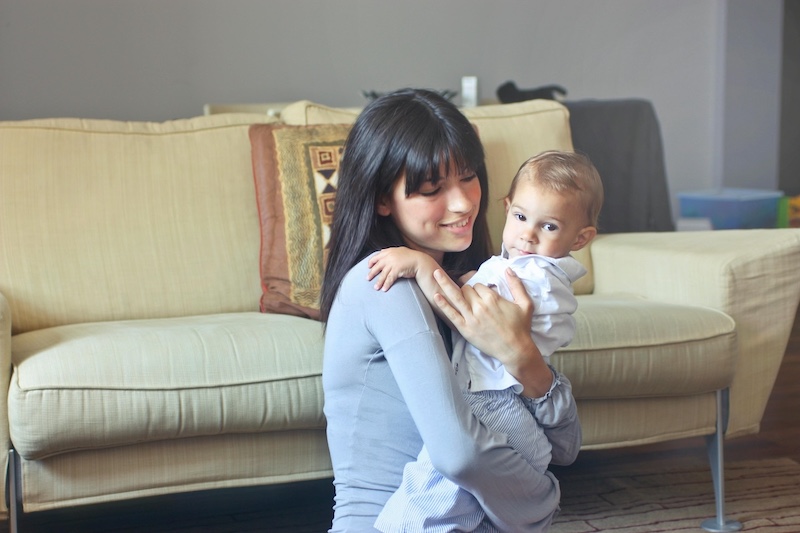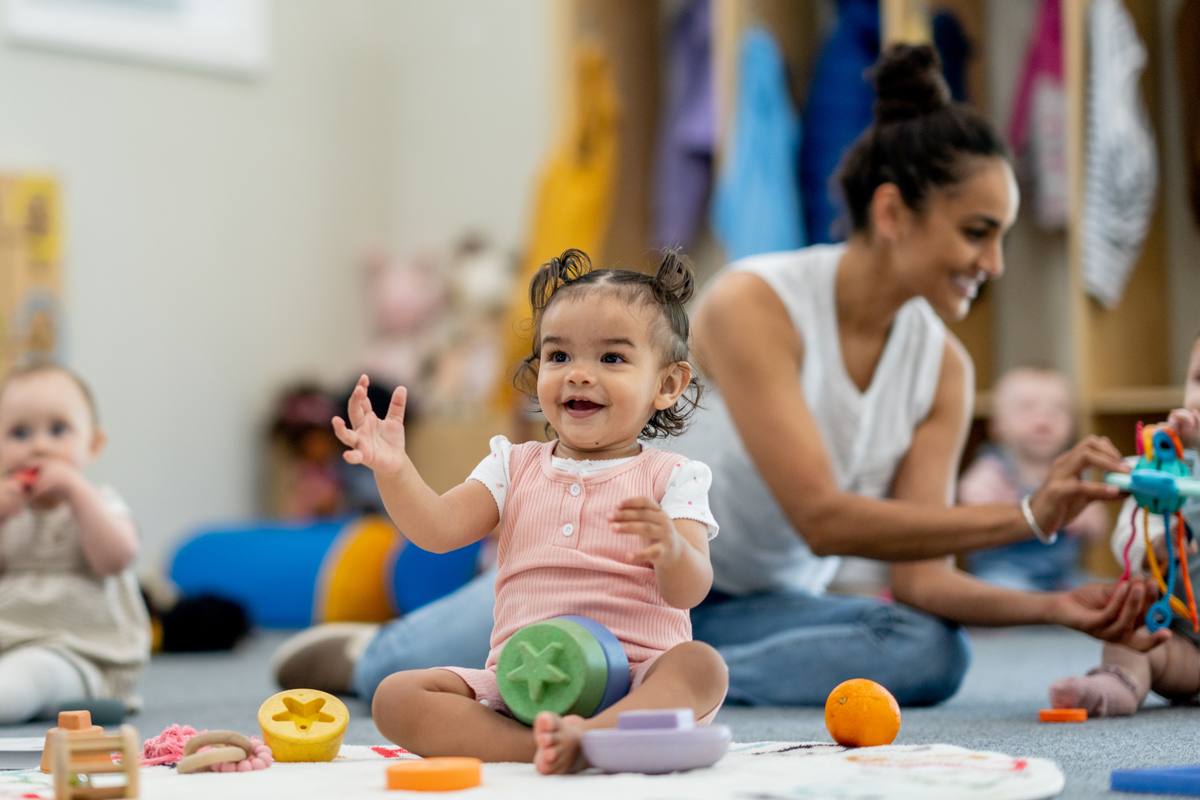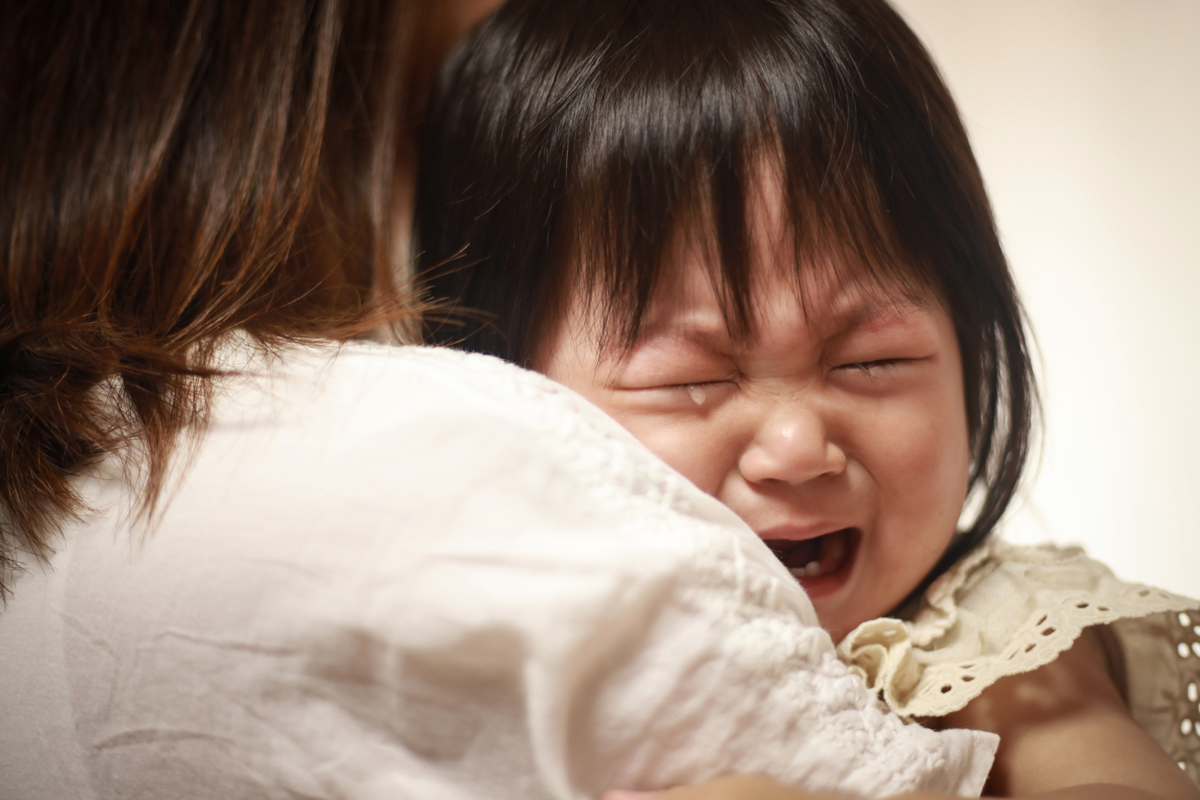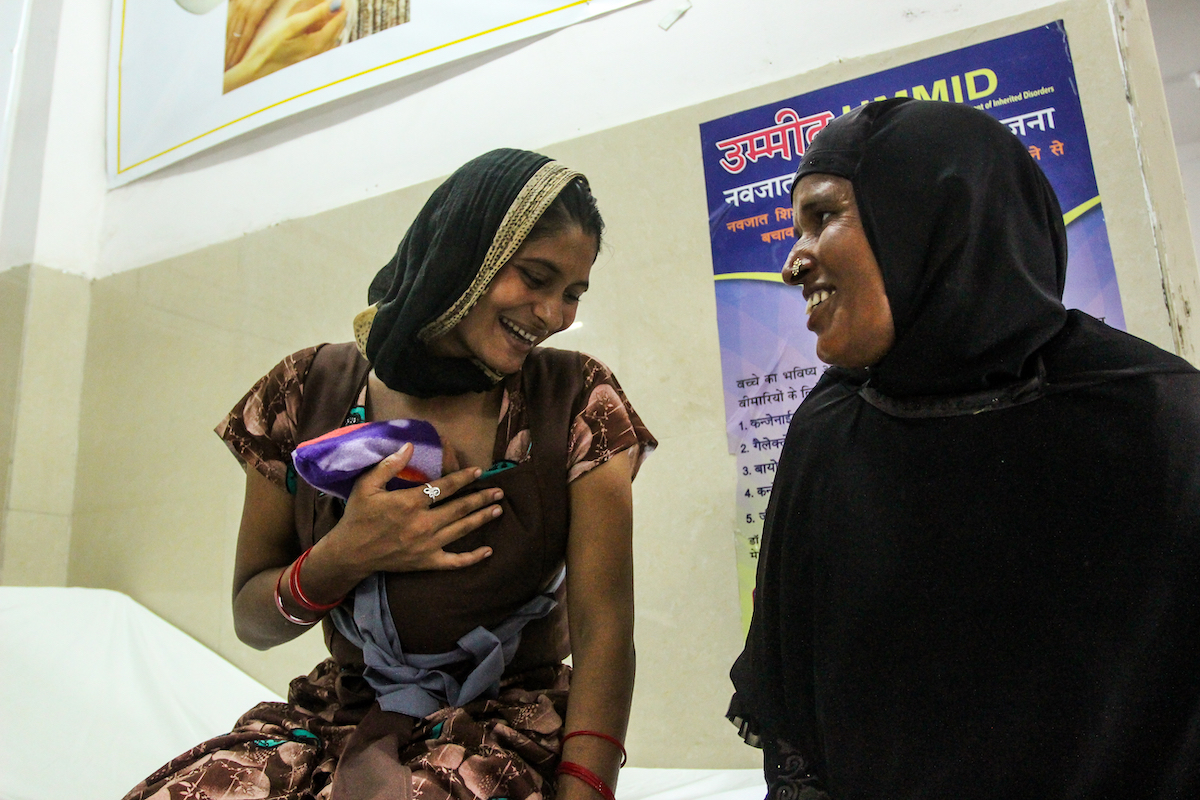Will a nanny hurt my blossoming bond with my seven-month-old? How do one-on-one caregivers impact parent attachment with babies? Please ease my mind and (broken) heart!
—Sad new mom back at work
First, I am sorry you are sad! It’s easy in this situation for people to say, “Oh, don’t feel sad; your baby is doing great,” or “You’re so lucky you can afford a nanny.” You might be lucky! Your baby is probably doing great! But it’s still completely normal and appropriate to be sad. It’s also normal and appropriate not to be sad. All feelings are normal here—we are all muddling through. So take a moment to acknowledge these feelings for what they are: you’re sad, and it doesn’t necessarily mean you’ve made the wrong choice.

Second, to your question. Infant-maternal attachment is commonly tested with something called the Strange Situation test. You can read more about it here, but basically, it involves bringing mothers and infants into a lab setting and seeing how the infant reacts to separation, stranger exposure, and reuniting with mom. Through this test, researchers aim to measure secure attachment.
There are, of course, variations across infants in their attachment. But data doesn’t suggest this is associated with the care environment (see, e.g., here). One study from Australia actually finds more secure attachment in infants whose mothers showed more commitment to an early workforce return. There isn’t strong evidence that the attachment your child has to you will be influenced by the presence of a nanny.
Third, I want to give you a heads-up about a few things that will happen so you are ready.
One is that sometimes your kid will cry when you leave them with the nanny. Also, sometimes, they will cry when you come home and the nanny leaves. This is okay. It is normal. It doesn’t mean they hate you or hate the nanny. They hate transitions, their sock is uncomfortable, or they are hungry. Do not read too much into this!
Also, once they are talking, they will sometimes call you by the nanny’s name. This doesn’t mean they do not know you are their mom! They’re just talking fast. In the same way, my mom called my brothers the wrong names a lot. It doesn’t mean anything.
Bottom line: If you have a nanny your child loves, it’s a gift. But it doesn’t mean you aren’t the mom.
Community Guidelines














Log in
I work as a full-time nanny for an infant (currently 5 months). I’m also the child’s grandmother, which does alter the dynamics of the work relationship a bit. First, I will say the parents still have opportunities to form a strong bond with their infant if there is a full-time nanny. There are morning, evening, and weekend hours to spend with their little one. The quality of this time is very important. If the parents are under stress from career obligations or other situations (e.g., financial or family stress), the parents can take turns bonding with their little one so that while one parent handles bills or chores, the other parent is completely relaxed while playing with and caring for the infant. The parents can switch these roles so that each has high quality time with their baby. The baby should not be left alone (on a playmat, in a crib or bassinet, etc.) for long periods when the parents are the caretakers. Some parents will do this, thinking the child had enough “bond time” with the nanny. But the child is hungry for time with the parents. An infant recognizes the difference between nanny and parent, and the natural instinct is to want to be with the parent. That said, it is inevitable that the infant will form a strong attachment with the nanny. The nanny may spend more hours per week with the infant than the parents. A competent nanny will look out for the child’s well being and may recommend approaches to health and development. The parent can follow up on these suggestions with research and decision making that supports the best needs of the child. However, the nanny may have good suggestions that make the week go smoother, and the ideas should not be dismissed out of hand by the parents.